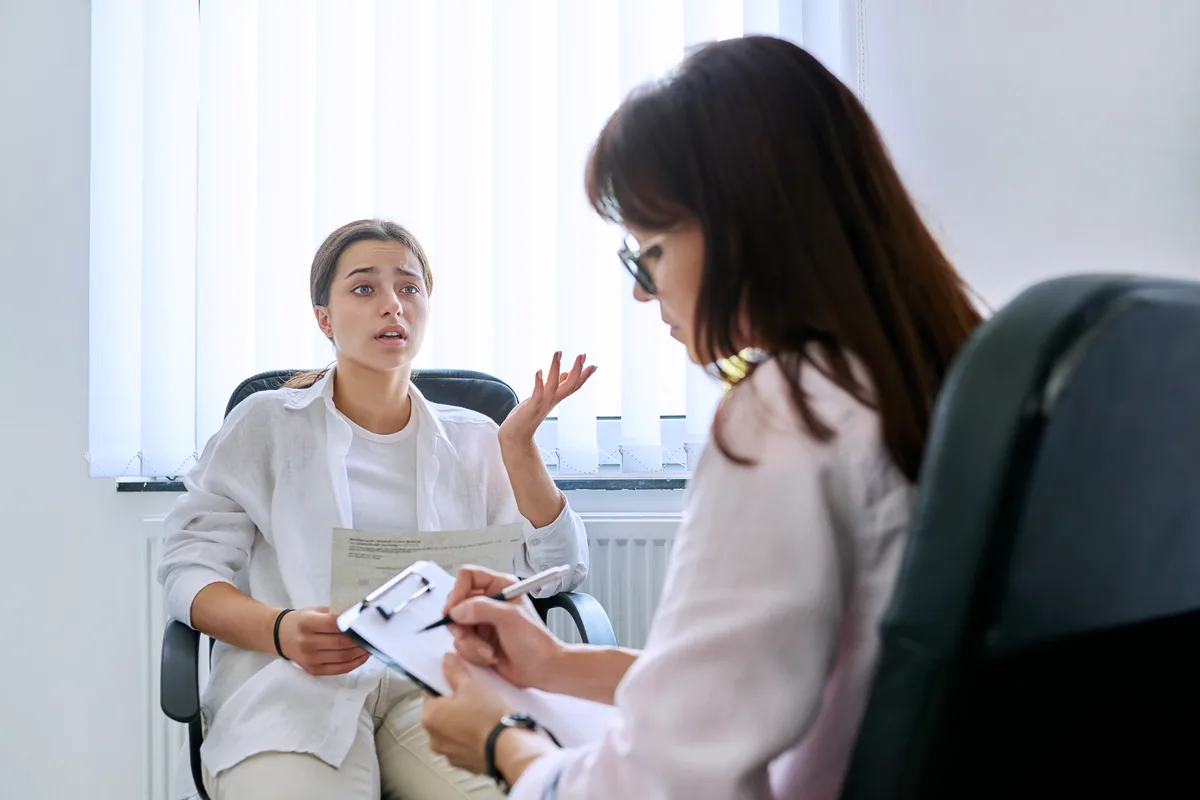24/7 Helpline:
(866) 899-111424/7 Helpline:
(866) 899-1114
Learn more about Group Therapy centers in Divide

Other Insurance Options

BHS | Behavioral Health Systems

Health Choice

BlueShield

Optima

WellPoint

Holman Group

Humana

Coventry Health Care

Covered California

Health Net

Self-pay options

GEHA

Highmark

Ambetter

WellCare Health Plans

Aetna

Lucent

Providence

AllWell

Choice Care Network









Montana Chemical Dependency Center
Montana Chemical Dependency Center is a residential alcohol and drug treatment facility for men and ...

Western Montana Mental Health Center – Psychiatric Services – West Park Street
Western Montana Mental Health Center – Psychiatric Services – West Park Street is a private rehab lo...

Western Montana Mental Health Center – Hays Morris House
Western Montana Mental Health Center (WMMHC) is a leading behavioral health addiction treatment cent...

Western Montana Mental Health Center – Adult
Western Montana Mental Health Center – Adult is a private rehab located in Butte, Montana. Western M...






















AWARE
AWARE is a non-profit rehab located in Butte, Montana. AWARE specializes in the treatment of Mental ...

Acadia Montana Treatment Center
Acadia Montana Treatment Center is a private rehab located in Butte, MT. Acadia Montana Treatment Ce...

Butte Silver Bow Chemical
Butte Silver Bow Chemical is a private rehab located in Butte, Montana. Butte Silver Bow Chemical sp...







